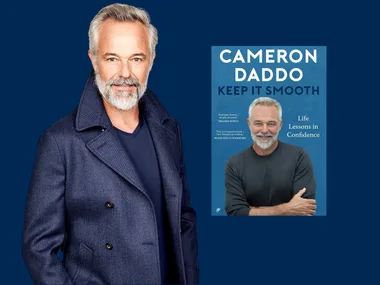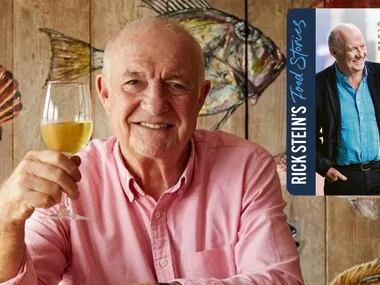The Lightkeeper’s Wife by Karen Viggers, Allen & Unwin, $29.99
Nature can both isolate and enlighten; inspire and depress. Battling the elements can be as much about battling the storms within yourself. In The Lightkeeper’s Wife, there are characters who find nature healing and those who are desperate to escape it.
The novel’s eye of the storm is Mary, who was the lightkeeper’s wife at Cape Bruny, Tasmania. Young and enchanted by a new life with her husband, she raises her children in isolation in harsh, windswept climes, surviving on provisions brought in by boat and the meagre offerings of a sandy garden patch.
What she didn’t realise was that love too would become an emotion frozen by the desolate environment. In the twilight of her life now, she prepares herself to die – and along with her, the secret she’s kept for most of her life.
Meanwhile, her son Tom also struggles with his emotions. Much younger than his two older siblings, he grows up alone and cared for by Mary; his father an impenetrable tower, like the lighthouse he kept.
Tom has also chosen a solitary vocation and spends 18 months as a “dieso” at an Antarctic research station — reachable only via icebreaker. When his wife calls to say she is leaving him, he has no way of getting back to her as winter on the cold continent sets in and no ship will be arriving for months.
Melbourne author Karen Viggers, who’s been “south” twice, sets the scene in a family dynamic filled with regret, loss and love. Poetic in its treatment, it’s a novel of parallels and, ultimately, hope.
Newsletter conversion description. Get the latest in your inbox.



















